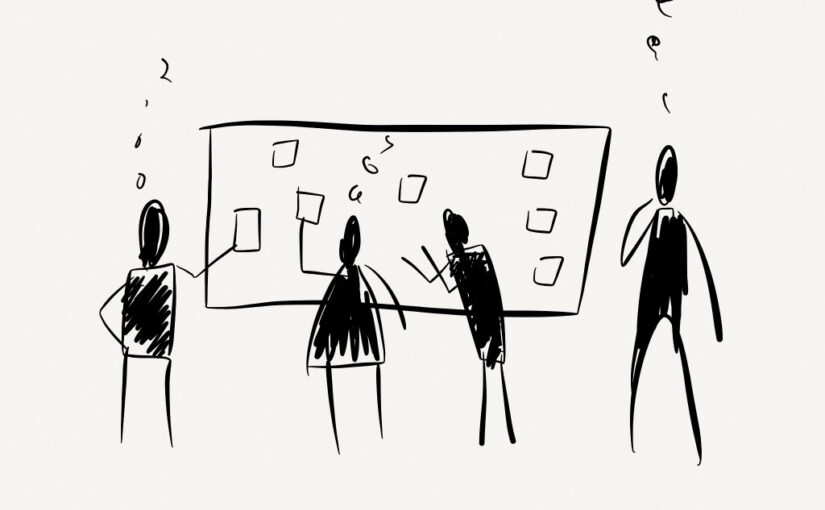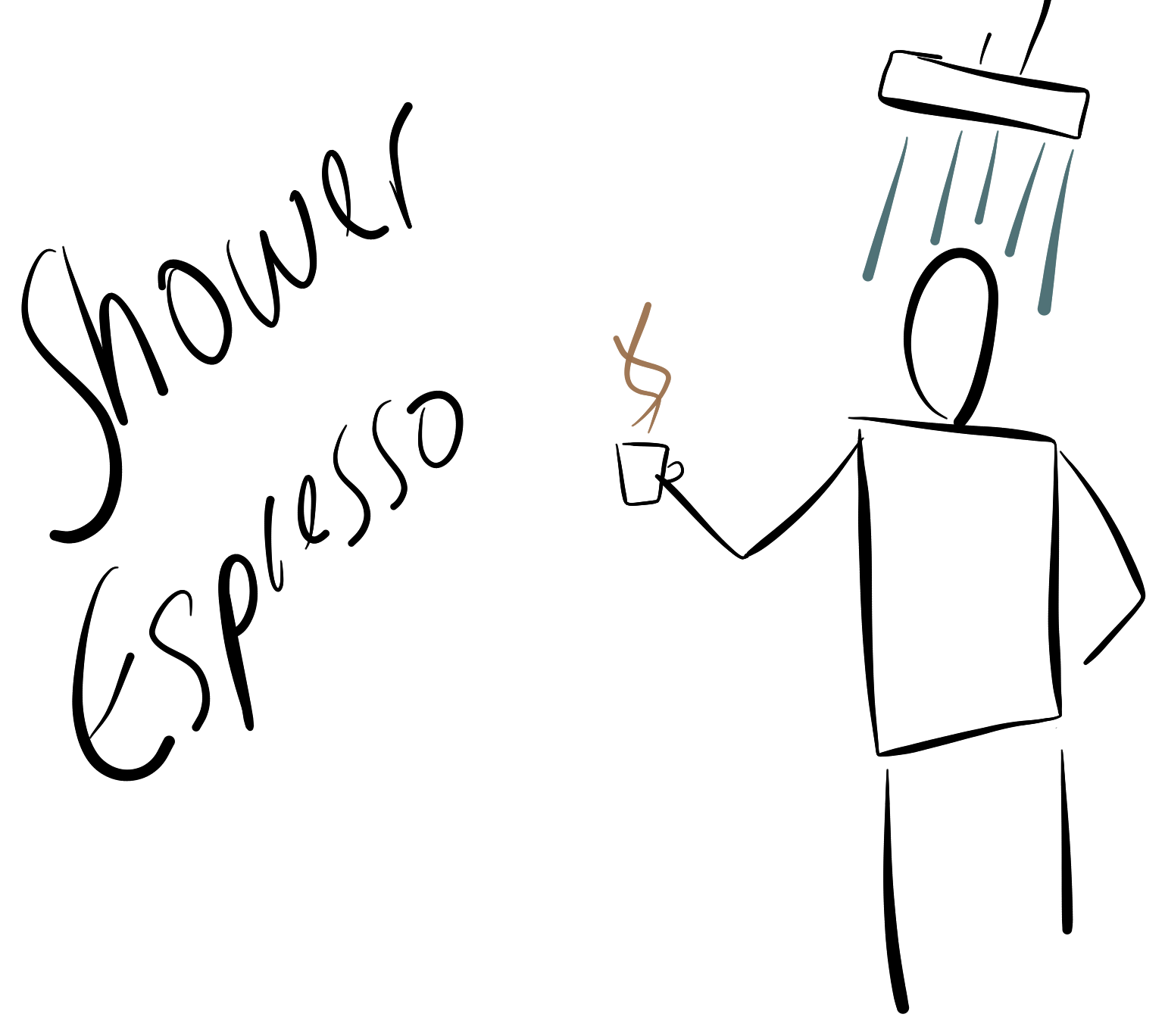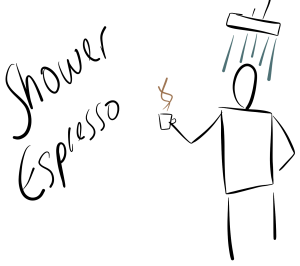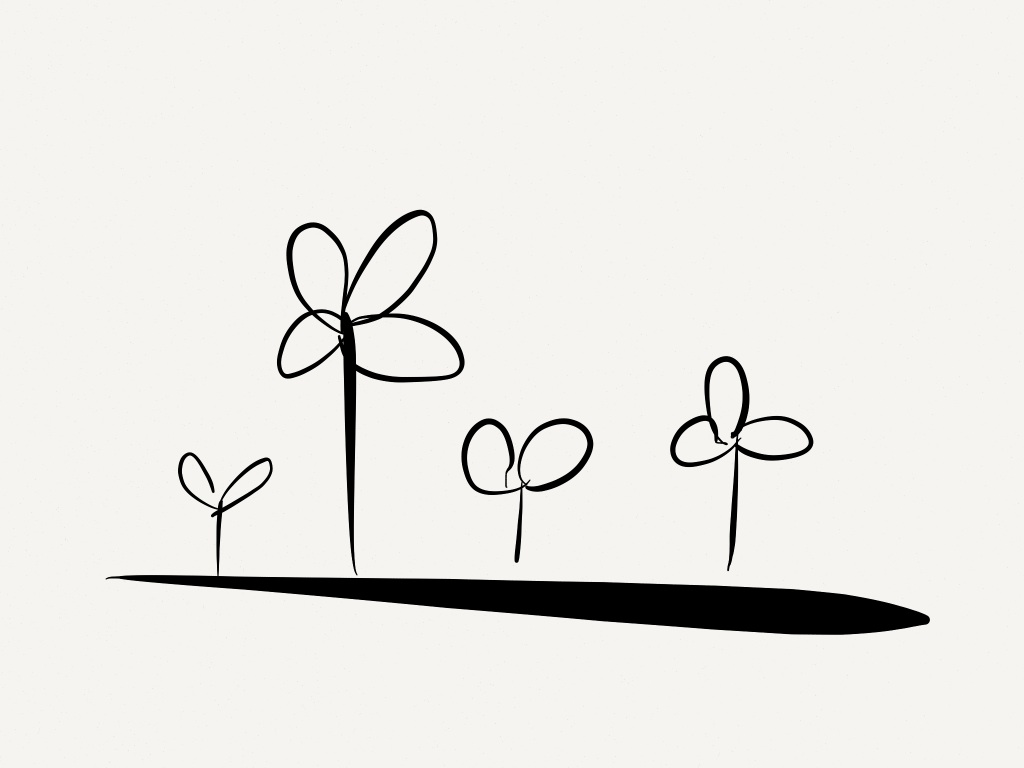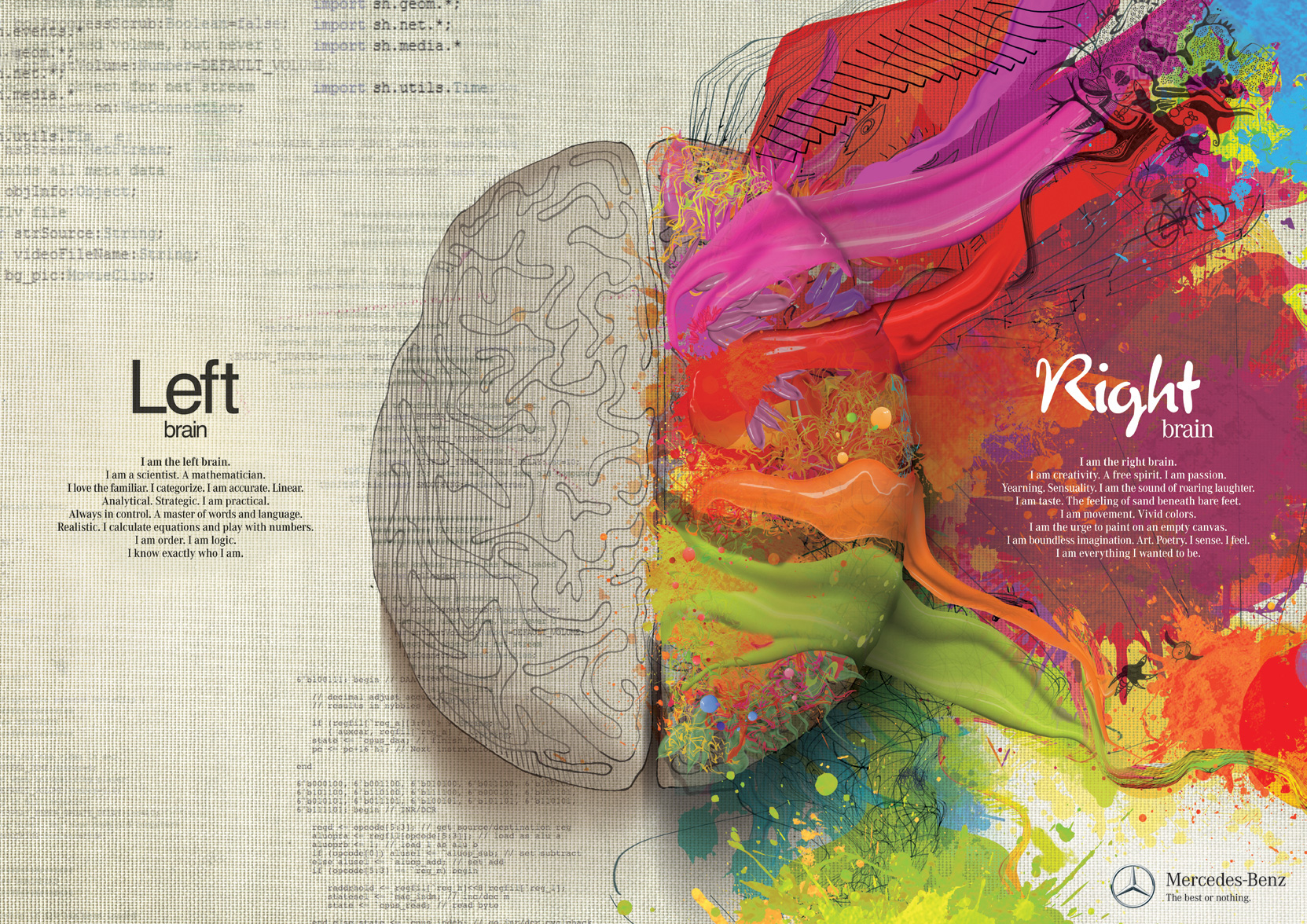In the ideal space for facilitating meetings you can write on every wall. Ideas emerge from the recesses of our brains into the world for all to visualise and interact with. Pictures do tell thousands of words. And people love getting up and moving around. Plus, the cost of mistakes is zero; just wipe and start again.
The reality is that most meeting rooms I encounter have a pretty measly setup; one small flip-chart and a whiteboard if I’m lucky.
So now I carry this cunning innovation; Magic Whiteboard is A1 size flip-chart paper that sticks to any surface (static charge) and is wipe clean. It instantly turns any meeting space into a facilitator’s dream.
Hat tips to the City University Centre for Creativity in Professional Practice for introducing me to this, founders Neil & Laura for the innovation, and the Dragons’ Den for investing and bringing it to market.
Amazon have better prices than direct and don’t worry, it comes from the founders anyway.
Check it out:
Happy drawing 🙂
